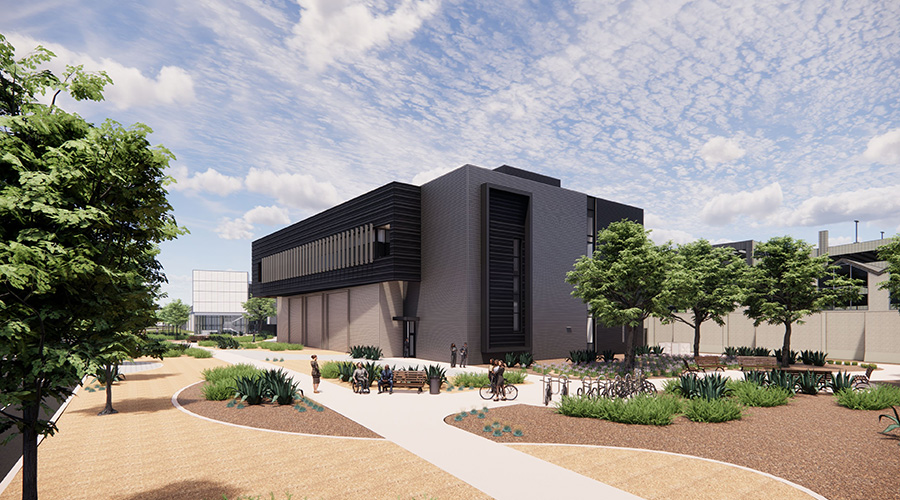The COVID-19 pandemic has changed nearly for healthcare organizations, and food programs are no exception.
When the COVID-19 erupted nationwide in March, hospital dining programs had to quickly transition to serving patients sick with the virus while finding ways to do it safely for employees. Many moved from traditional room service models to providing meals at set times for nurses to deliver to COVID-positive patients to reduce the number of people with exposure.
Healthcare foodservice programs also continued to serve doctors and nurses. Dining directors quickly realized that it wasn’t a hot entrée that would make the biggest impact on those workers. Instead, it was toilet paper and cleaning supplies and bulk meals. These micro markets popped up on hospital grounds, offering an easy way for hospital workers to pick up items without having to stop at grocery stores, according to Food Management.
Consider the example of University of North Carolina REX Healthcare. Like other healthcare institutions, it had to institute emergency protocols to face the coronavirus crisis, meaning extra pressure on its employees. To help ease the burden, the system’s culinary and nutrition services team has turned a retail cafés closed by the crisis into a retail market where employees can buy staple foods, prepared meals like pizza and other household items.
Click here to read the article.

 Grounding Healthcare Spaces in Hospitality Principles
Grounding Healthcare Spaces in Hospitality Principles UC Davis Health Selects Rudolph and Sletten for Central Utility Plant Expansion
UC Davis Health Selects Rudolph and Sletten for Central Utility Plant Expansion Cape Cod Healthcare Opens Upper 2 Floors of Edwin Barbey Patient Care Pavilion
Cape Cod Healthcare Opens Upper 2 Floors of Edwin Barbey Patient Care Pavilion Building Sustainable Healthcare for an Aging Population
Building Sustainable Healthcare for an Aging Population Froedtert ThedaCare Announces Opening of ThedaCare Medical Center-Oshkosh
Froedtert ThedaCare Announces Opening of ThedaCare Medical Center-Oshkosh